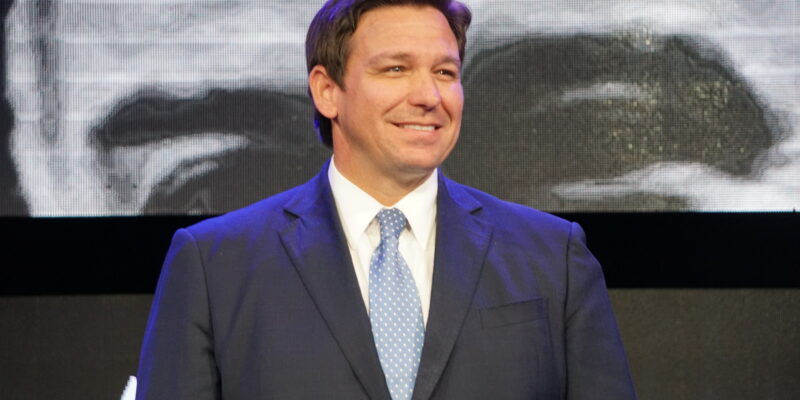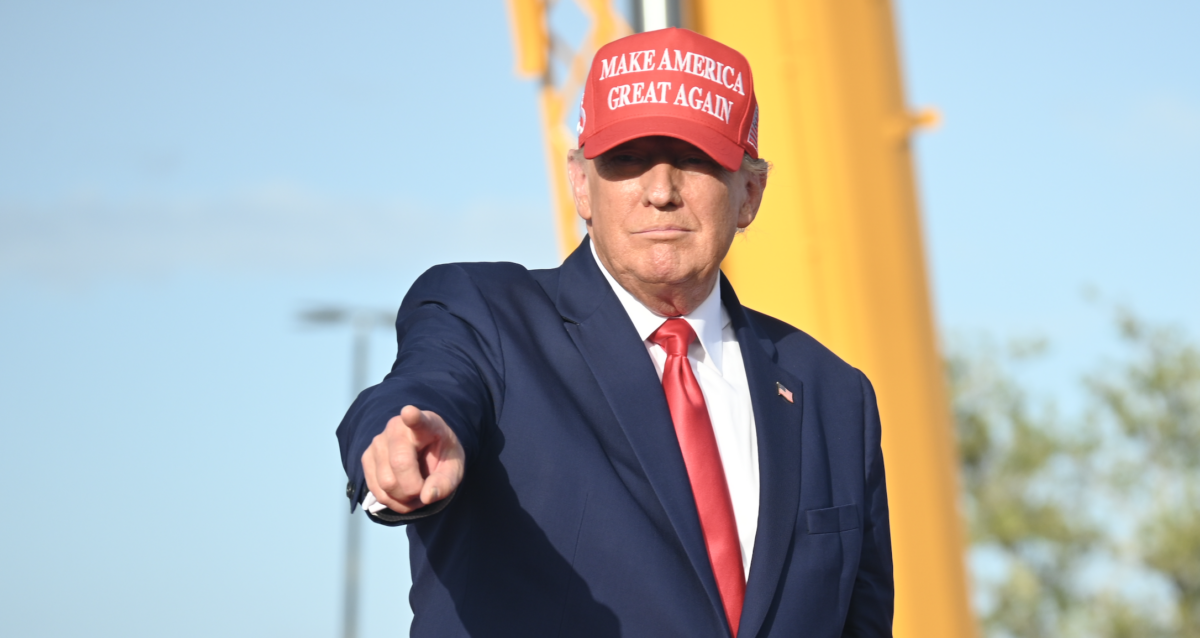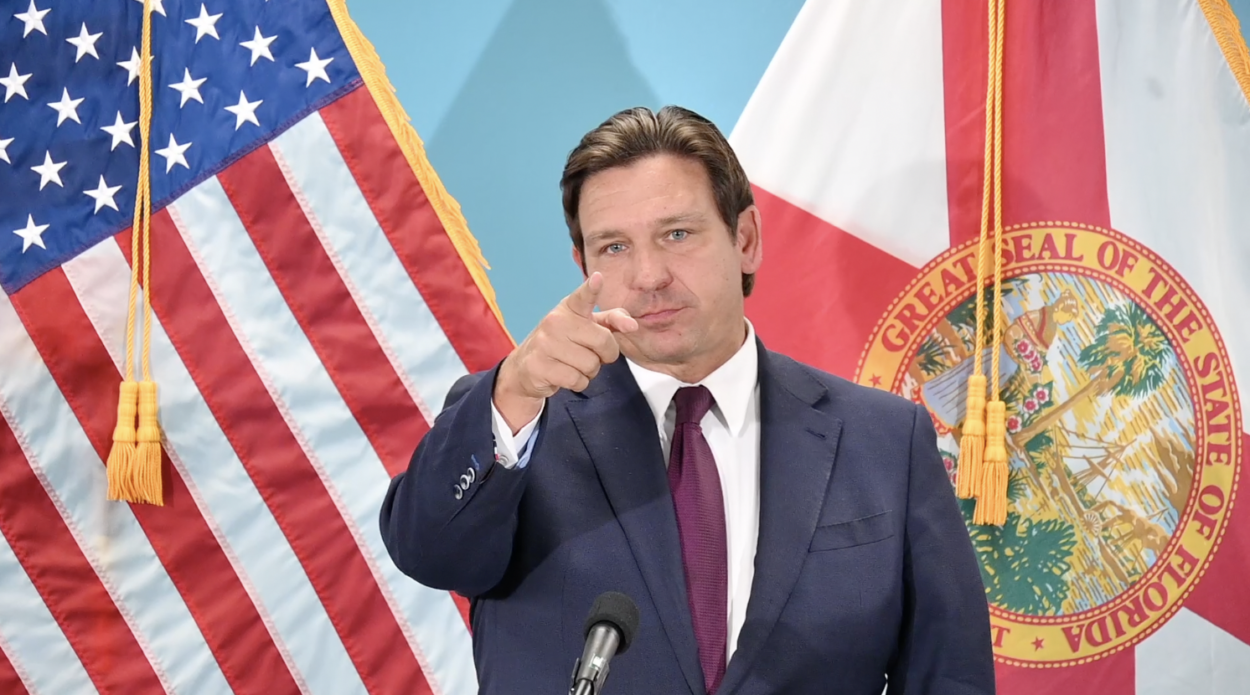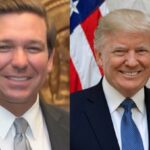Dr. Anthony Fauci has announced that he will be stepping down from his position in December, and the announcement has drawn mixed responses. While some have praised Fauci for his efforts during his tenure, Republicans are cheering that Fauci will no longer be serving in the role.
During a press conference, Florida Governor Ron DeSantis (R) said that Fauci announcing his departure signals a “recovery” in the U.S.
During a press conference, DeSantis explained that “a recession is when your neighbor loses his job. A depression is when you lose yours. A recovery is when Dr. Fauci loses his.”
DeSantis, who's been a vocal critic of Fauci, is joined by a number of Republicans in voicing their support of Fauci leaving the post, including Kentucky Senator Rand Paul (R), who's called for an investigation into Fauci and the COVID-19 pandemic.
On Twitter, Paul expressed that "Fauci’s resignation will not prevent a full-throated investigation into the origins of the pandemic. He will be asked to testify under oath regarding any discussions he participated in concerning the lab leak."
Fauci’s resignation will not prevent a full-throated investigation into the origins of the pandemic. He will be asked to testify under oath regarding any discussions he participated in concerning the lab leak.
— Rand Paul (@RandPaul) August 22, 2022
Fauci announced this week that he would be stepping down as the director of the National Institute of Allergy and Infectious Diseases and chief medical adviser of President Joe Bide (D). In a statement, Dr. Fauci said, "while I am moving on from my current positions, I am not retiring," adding that "after more than 50 years of government service, I plan to pursue the next phase of my career while I still have so much energy and passion for my field."
In speaking of his work in the future, Dr. Fauci elaborated that he wants to use the knowledge "learned as NIAID Director to continue to advance science and public health and to inspire and mentor the next generation of scientific leaders as they help prepare the world to face future infectious disease threats."









